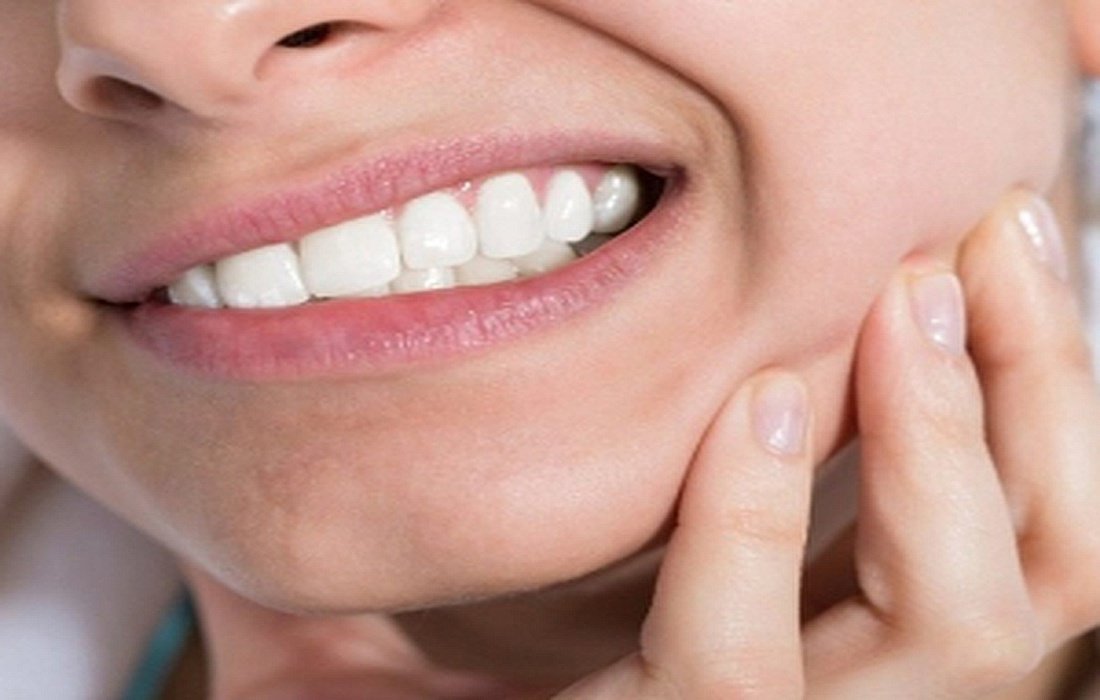What Causes Tooth Pain When Drinking Hot and Cold Water?
Doctors have determined that the main reason for discomfort or pain in teeth after drinking hot or cold water is the thermal reactions due to sudden temperature changes in the mouth and the structure of the teeth. Our teeth have a unique structure, and the main nerves of the teeth are located inside the enamel. The first reaction when drinking hot or cold water occurs is the response of these nerves to temperature changes. When the temperature changes, the enamel and the nerve in the tooth react briefly.
How Do Teeth React to Cold and Hot Water?
Tooth sensitivity refers to a sudden sharp pain in the teeth that typically occurs when eating or drinking very cold or hot items. In some decayed teeth or those with infection, brushing or exposure to cold air can also trigger this sensitivity. In such cases, individuals may experience tooth pain or sharp stabbing sensations. Treatments for tooth sensitivity include fluoride treatment, composite bonding, root canal therapy, gum grafting, and more in dental services.
Do you enjoy sipping a glass of cool water, especially on a hot summer day? This is common for many of us, but have you ever considered what happens to your teeth when you drink cold water? If you have tooth sensitivity, activities like eating or drinking very cold things, such as water or ice cream, and even very hot liquids like tea, soup, or coffee, can harm your tooth enamel and, in rare cases, lead to fractures accompanied by pain. When you drink cold water, the sudden temperature change can cause your tooth dentin to contract and expand, and if you have decayed teeth, this can certainly cause pain.
Maintaining healthy teeth and caring for them is crucial; however, the first issue individuals face is the high costs of dental treatment. When visiting a dentist, it is important to be aware of key points and act according to your circumstances. Nowadays, many dental offices offer payment plans so that patients can get their teeth treated without worrying about costs. In this article, we want to introduce you to a center…Dental Care Centers with Payment Plans in TehranWe will also introduce the services it covers, so please stay with us.

What Are the Signs of Tooth Sensitivity?
Our teeth are covered by a protective layer of enamel, which shields the sensitive inner layers from external factors. Nonetheless, it is always recommended to avoid consuming very hot or cold food or drinks in any season. If our teeth have cavities due to disease, we certainly will not enjoy the drinks we consume. Foods like ice cream or hot drinks such as tea or coffee can cause tooth pain and discomfort.
Here, we aim to explain the reasons behind this issue in simple language. The primary concern about tooth sensitivity involves the dentin. Dentin is a layer beneath the enamel and contains tiny tubes connected to the nerves inside the tooth. When dentin is exposed to extreme heat or cold, it allows external stimuli, like temperature changes, to directly affect the nerves, resulting in discomfort and pain.
The surface layer of the tooth, widely known as enamel, may not always show signs of sensitivity, and sometimes it can start suddenly for no apparent reason. Some of these signs include:
- Hot food and drinks
- Cold food and drinks
- Cold air
- Sweets
- Cold water
- Brushing and flossing
Understanding the different factors affecting tooth sensitivity is essential to identify the main causes of this discomfort. The best prevention is to avoid consuming hot or cold drinks while eating. Enamel erosion is a primary cause of tooth sensitivity. This outer protective layer of the tooth can gradually wear away due to various factors. Acidic foods and drinks like citrus fruits, soda, and alcoholic beverages can weaken enamel over time. The acid content softens the enamel, making it more susceptible to erosion. By engaging in the wrong habits over time, enamel becomes damaged, leading to sensitivity. Dentists always recommend allowing drinks to reach an appropriate and natural temperature before consuming.








